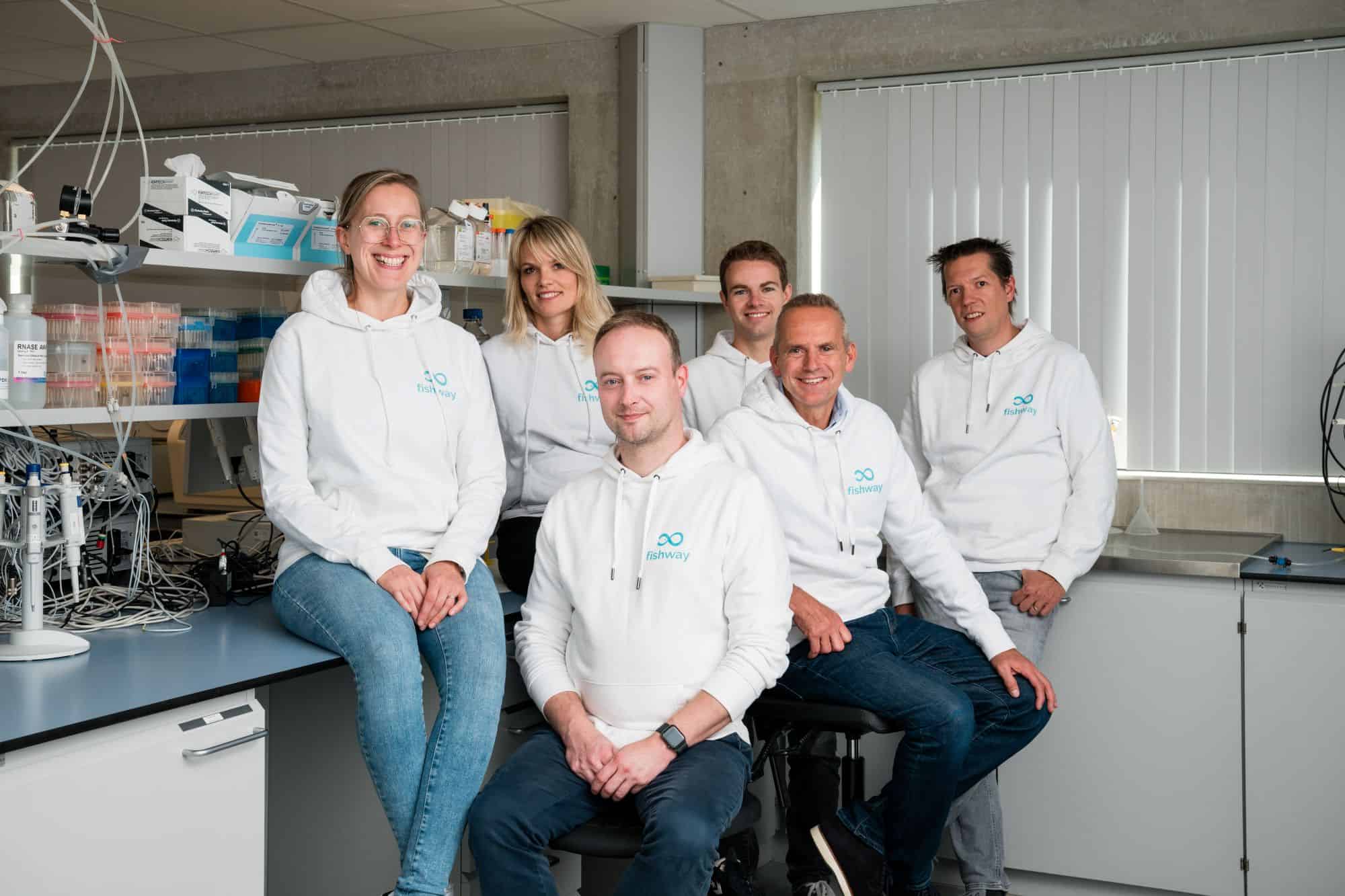Munich-based cultivated meat start-up MyriaMeat has successfully developed pig muscle tissue from pluripotent stem cells (iPS) that exhibits spontaneous contractions. This is the first time in the industry that cultivated pork has demonstrated the functional ability of real muscle tissue, bringing lab-grown meat closer to conventionally farmed pork.
“This is scientific proof that we can produce real pork outside of a living organism”
The development demonstrates that real pork can be produced entirely outside of a living animal, positioning cultivated meat as a direct alternative rather than a substitute. By mirroring the structural and functional properties of conventional meat, MyriaMeat aims to increase acceptance among consumers who have not yet adopted plant-based alternatives.
“For the first time, an animal muscle—in this case from a pig—derived from pluripotent stem cells not only exhibits the properties of real tissue but also spontaneous contractions,” said Dr. Tiburcy. “This is scientific proof that we can produce real pork outside of a living organism.”

Founded in 2022 as a spin-off from a research team at the University of Göttingen, MyriaMeat is led by CEO Florian Hüttner and chief scientific officer Dr. Malte Tiburcy. The company focuses on developing real animal muscle tissue from stem cells to provide a sustainable alternative to traditional meat production.
While several companies in the cultivated meat industry utilize cell cultures to create meat-like products, MyriaMeat is the first to generate functional muscle tissue using pluripotent stem cells. This innovation could enhance the feasibility of producing cultivated pork at scale, making it a viable component of mainstream meat production.
Industry collaboration
MyriaMeat is seeking partnerships with investors and meat industry stakeholders to further develop and scale its technology. The company emphasizes its role as a collaborator rather than a competitor to the conventional meat sector, positioning itself as a strategic partner for integrating cultivated meat into existing supply chains.
“We do not see ourselves as competitors to the meat industry but as partners. The industry has established sales structures, expertise, and political networks, which are valuable for the introduction of cultured meat,” explained Hüttner.

Food safety and disease prevention
Beyond sustainability and ethics, MyriaMeat highlights the potential safety benefits of cultivated meat. Unlike traditional animal farming, which is vulnerable to diseases such as foot-and-mouth disease, cultivated meat production minimizes exposure to pathogens.
“Our goal is to create an environmentally friendly, cruelty-free, and resource-efficient alternative to real pork and other types of meat. Cultured meat not only addresses ethical and ecological concerns but also reduces the risk of disease transmission, all without genetic manipulation,” Hüttner added.




